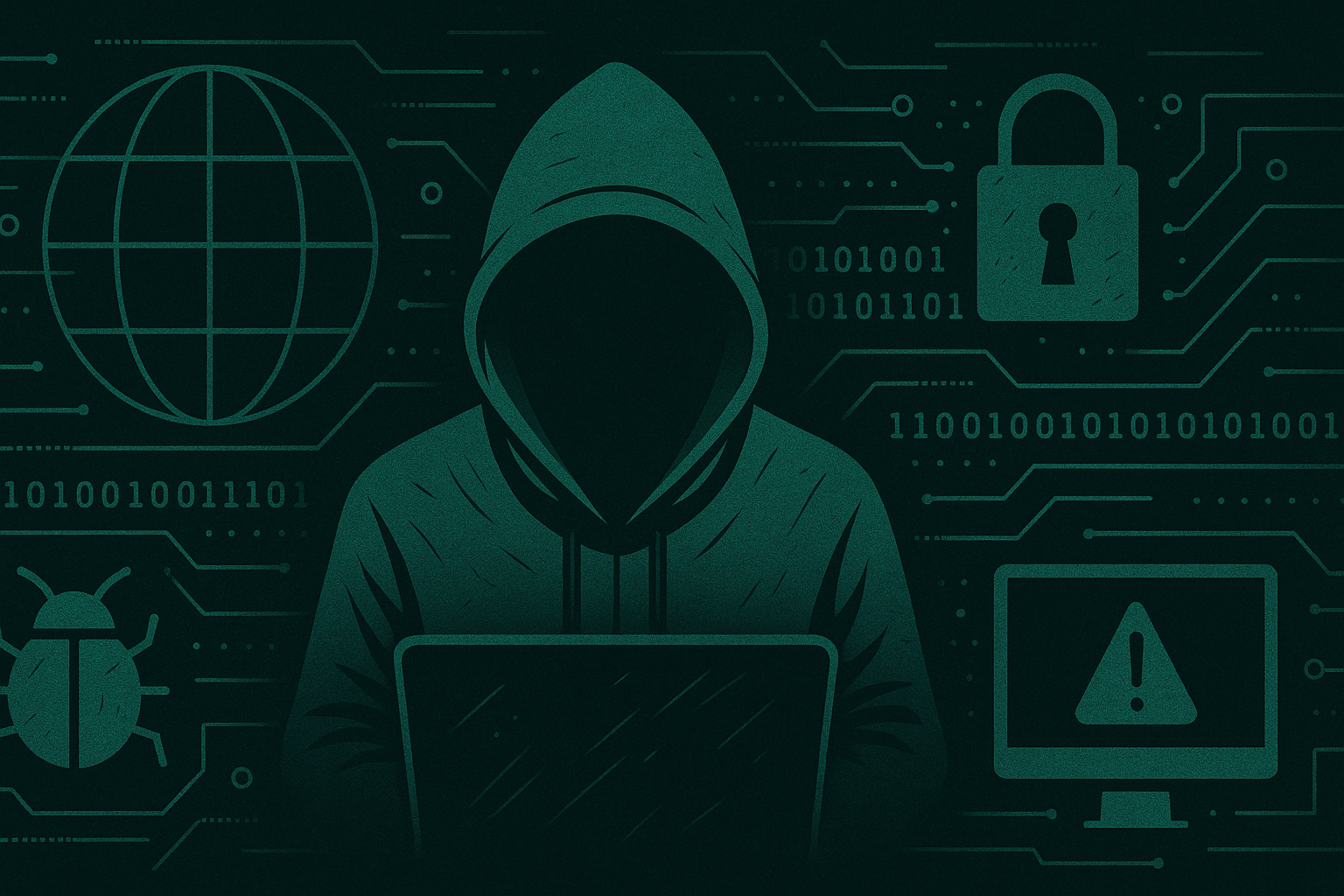[ad_1]
A popular hacking and cracking forum called Leak Zone was found leaking the IP addresses of its logged-in users, leaving thousands of cybercriminals potentially exposed to law enforcement or other attackers. The discovery was made by researchers at cybersecurity firm UpGuard, who revealed that an unsecured Elasticsearch database connected to the forum had been left openly accessible to anyone with a web browser.


The exposed server contained over 22 million records, each logging a user’s IP address and the exact timestamp of their login. The data appeared to be updated in real-time and included entries as recent as June 25, 2025, suggesting it had been live and vulnerable for weeks before being taken down. The database was discovered on July 18, according to a blog post by UpGuard. The researchers confirmed the data was being collected automatically whenever a user logged into the site, even verifying it by creating a test account and observing their own IP and timestamp instantly appear in the logs.
While the records were not directly tied to usernames, many did contain information on whether users had connected through a VPN or proxy, giving some hint of if their real locations were masked or not. Still, for any user who accessed Leak Zone without anonymization tools, the exposure of their IP address could now serve as a digital breadcrumb for investigators.
What Is Leak Zone and Who Uses It?
Launched in 2020, Leak Zone brands itself as a go-to community for sharing stolen data, breached accounts, and cracked software. It offers access to everything from database leaks and compromised credentials to entire marketplaces selling illegal services, according to the site’s own documentation.
A page on Leak Zone boasts that it has over 109,000 registered users, many of whom interact on a daily basis in threads about data dumps, malware tools, and account takeovers. The forum also partners with a site known as AccountBot, which sells subscription access to compromised streaming and gaming accounts. Records from the leaked database also included data connected to AccountBot accounts.
UpGuard found that 95 percent of the data in the exposed Elasticsearch instance related specifically to login activity on Leak Zone. The remaining entries were linked to these third-party account resale services, suggesting they were hosted or managed together.
Despite its illegal focus, Leak Zone had taken on the tone of a professional marketplace in recent years, offering guides, search tools, and advertising options for those promoting or seeking illicit services. That positioning made the exposure even more ironic, as a community dedicated to hacking others ended up compromising its own base.
Exposure Highlights Risks of Poor Configuration
The exposed server did not have any form of password protection, firewall, or access control, making it accessible to anyone who knew where to look. While it remains unclear whether this was due to an internal mistake or neglect, the end result was a complete breakdown in the forum’s privacy. There have been attempts made to contact the administrators of Leak Zone to notify them of the issue but was unable to do so as the forum software blocked the ability to send messages to admins.
It is still not known if the operators are aware of the exposure or have notified any of their users. UpGuard confirmed that the database was no longer online. However, during the time it was active, it had already collected and exposed vast amounts of data on user activity. Misconfigured databases remain one of the leading causes of unintentional data leaks, and this case joins a long list of Elasticsearch exposures that have affected everything from healthcare providers to government agencies in recent years.
Global Crackdown on Cybercrime Forums Continues
This incident also comes at a time when global law enforcement agencies are increasing their focus on cybercrime infrastructure. Just this week, Europol announced the arrest of the alleged administrator of XSS.is, a Russian-language cybercrime forum similar in scale and style to Leak Zone. That takedown included domain seizures and disruption of forum access across multiple countries.
The Leak Zone exposure, while not the result of a raid or legal seizure, could still provide law enforcement with useful metadata. For example, IP logs from users who skipped VPNs or made login mistakes could lead to real-world arrests, especially if matched with other identifying data already in possession of authorities.
Cybersecurity professionals have long warned that forums dedicated to digital crime carry significant operational risks for users. Many of these platforms do not invest in the kind of hardened infrastructure or data protection that major corporations do. As a result, ironically, they often leave their own users vulnerable to the same kinds of attacks they specialise in promoting.
Where Does It Go From Here?
So far, Leak Zone’s administrators have not responded publicly, and the forum remains operational. It is unclear whether users are aware of the breach, but some community members have already started discussing it on dark web forums and private Telegram groups.
It also remains to be seen whether other researchers or malicious actors accessed the same data while it was exposed. If so, IP information from the server could already be circulating in law enforcement networks or underground black markets.
In the world of cybercrime, trust is often fragile. Events like this erode that trust even further. And while Leak Zone is far from the first forum to be caught off guard, it may be among the most ironic cases of a leaking site caught leaking its own users.
[ad_2]
Source link
Click Here For The Original Source.

